US National Strategy to Counter Antisemitism
In May 2023, the Biden-Harris Administration released the first-ever U.S. National Strategy to Counter Antisemitism.
Learn more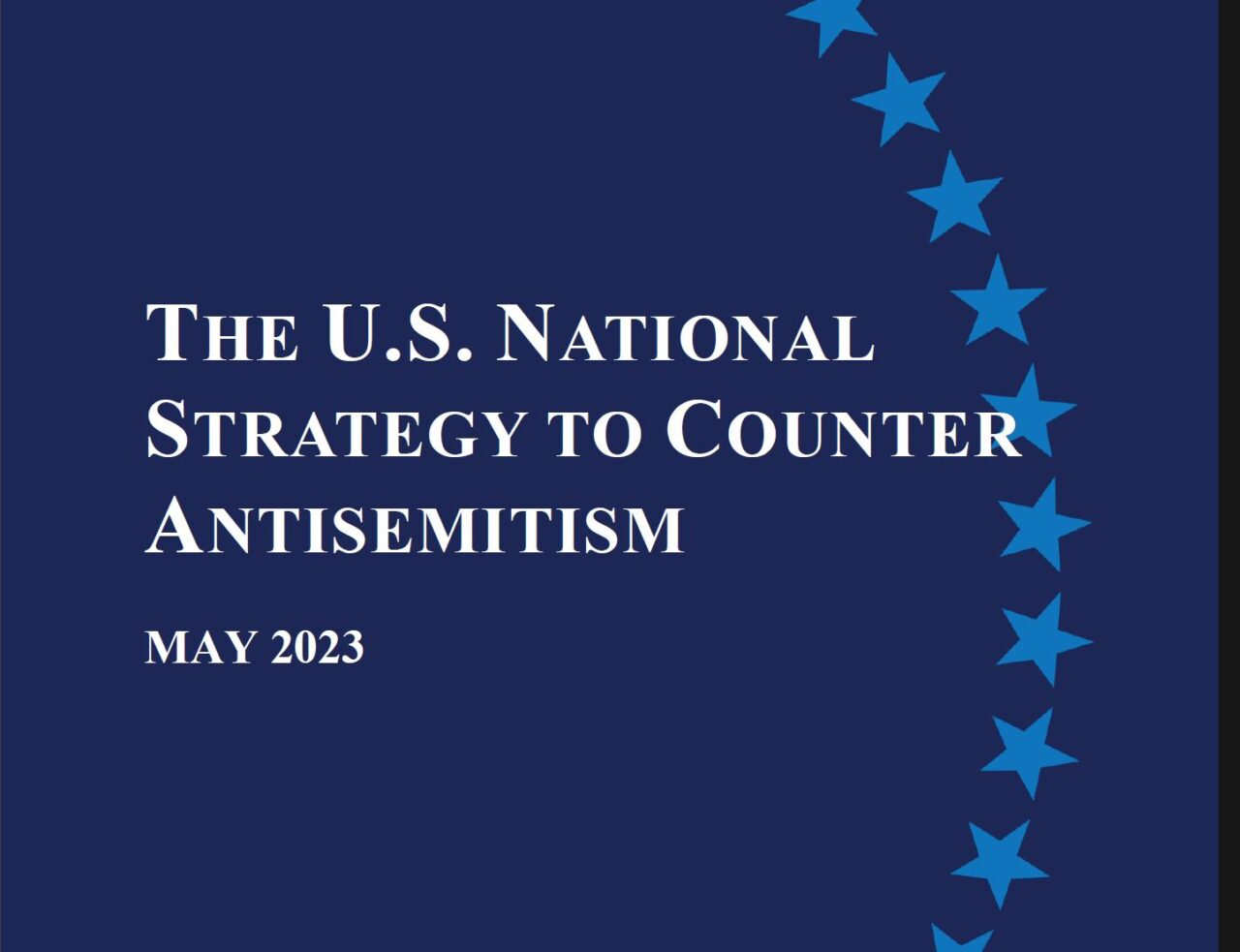
In May 2023, the Biden-Harris Administration released the first-ever U.S. National Strategy to Counter Antisemitism.
Learn more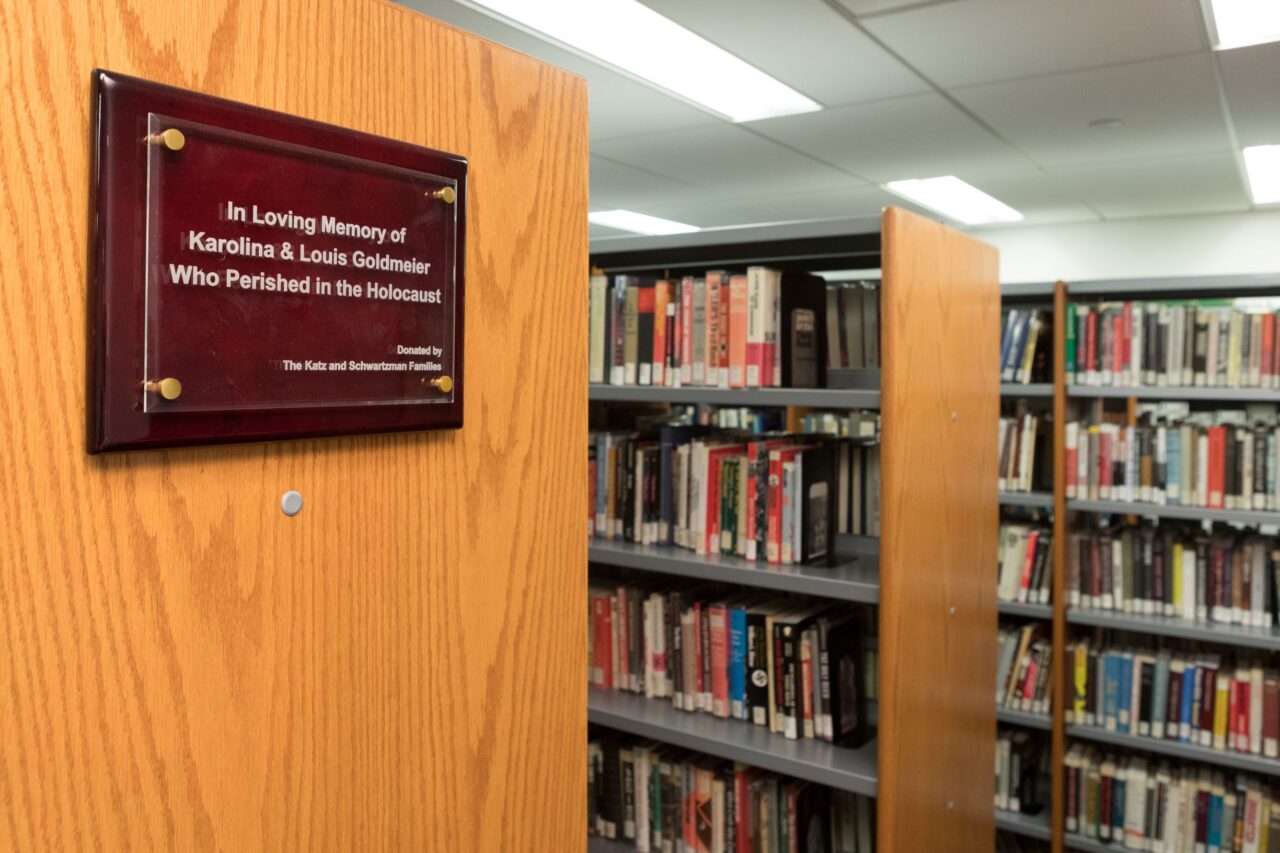
Explore online teaching guides, databases, classroom materials, and survivor testimonial archives from leading Holocaust institutions, museums, and educational organizations.
Learn more Learn more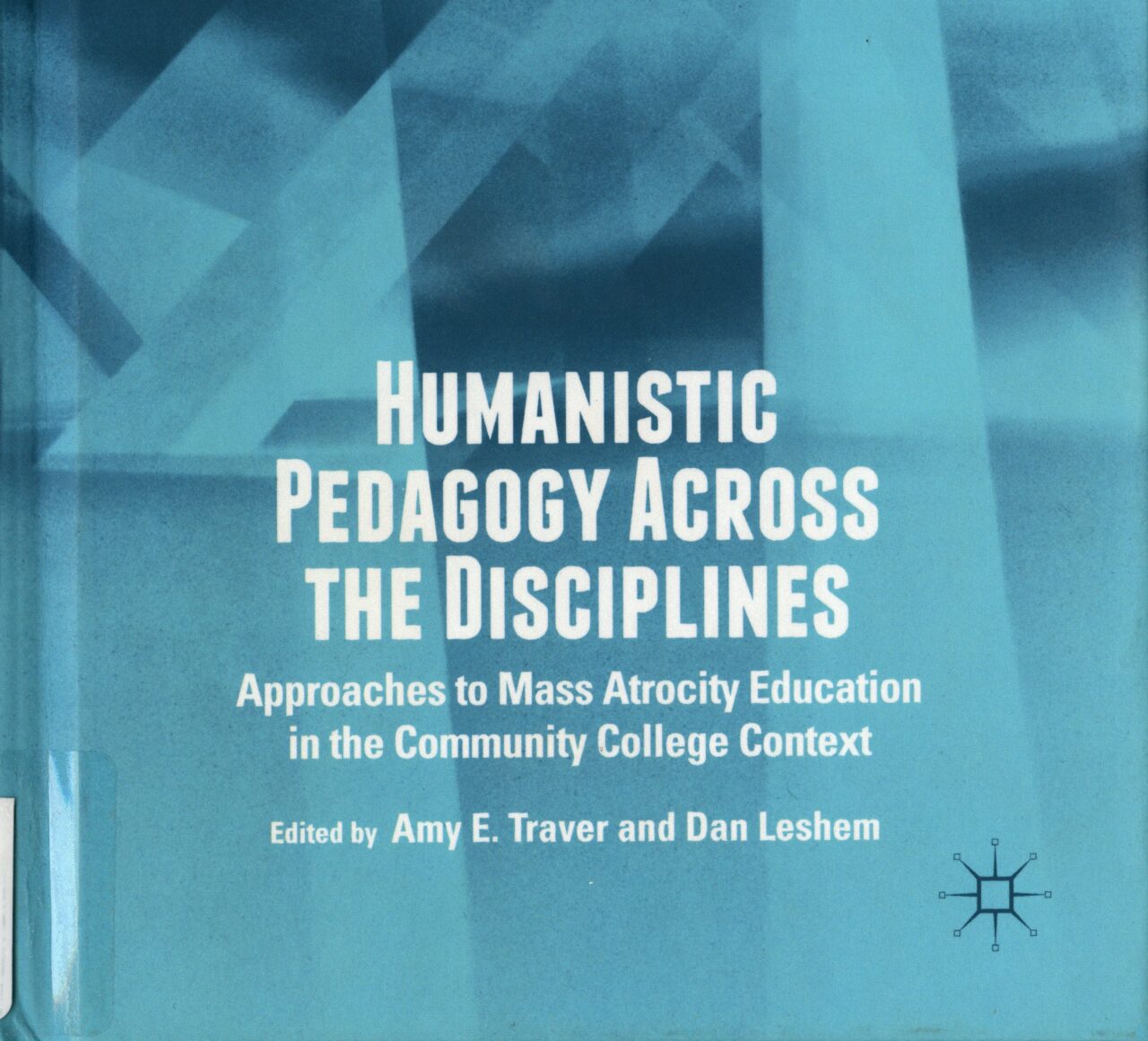
This book features insights from Holocaust education at QCC, as well as four approaches to designing innovative pedagogies for college students. Click here for the library guide.
Learn more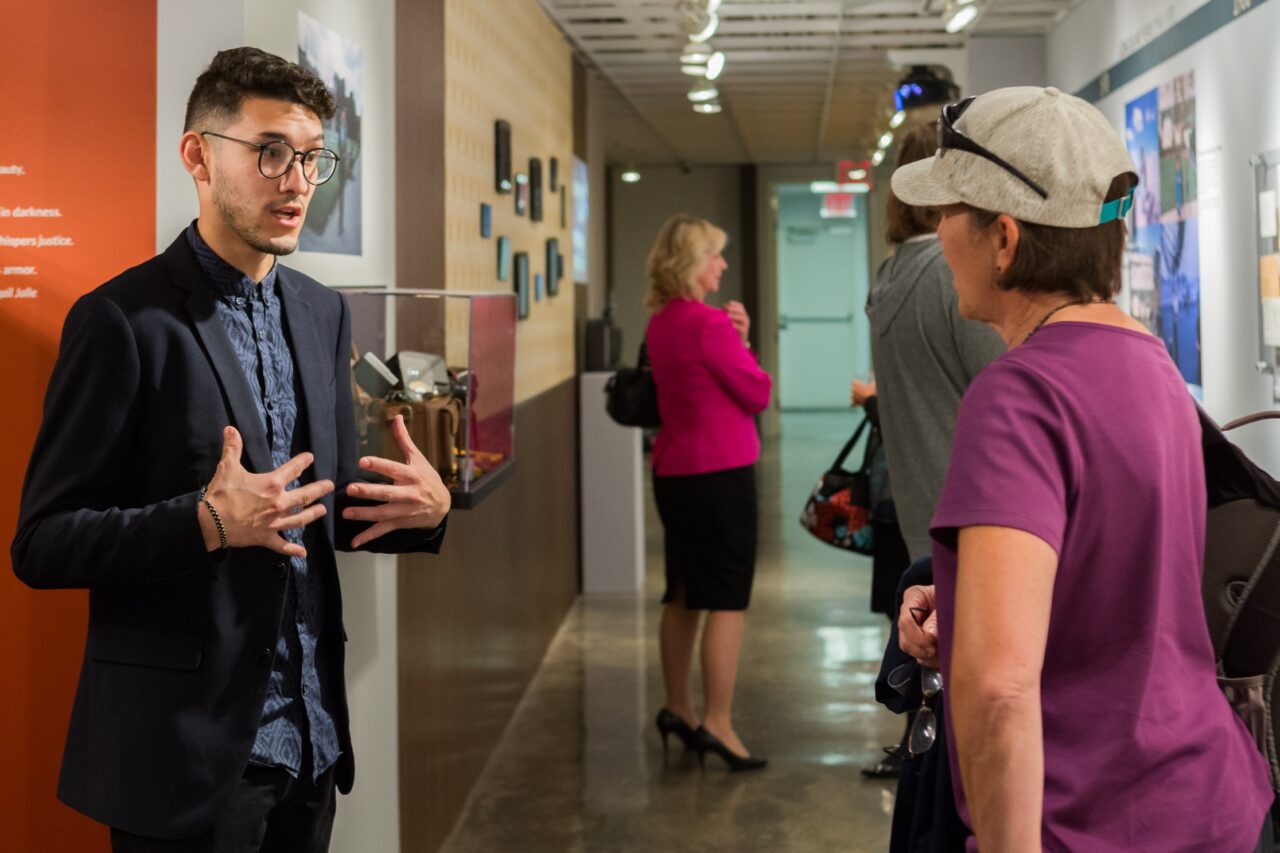
Click here for resources about how to have difficult conversations in the classroom.
Learn more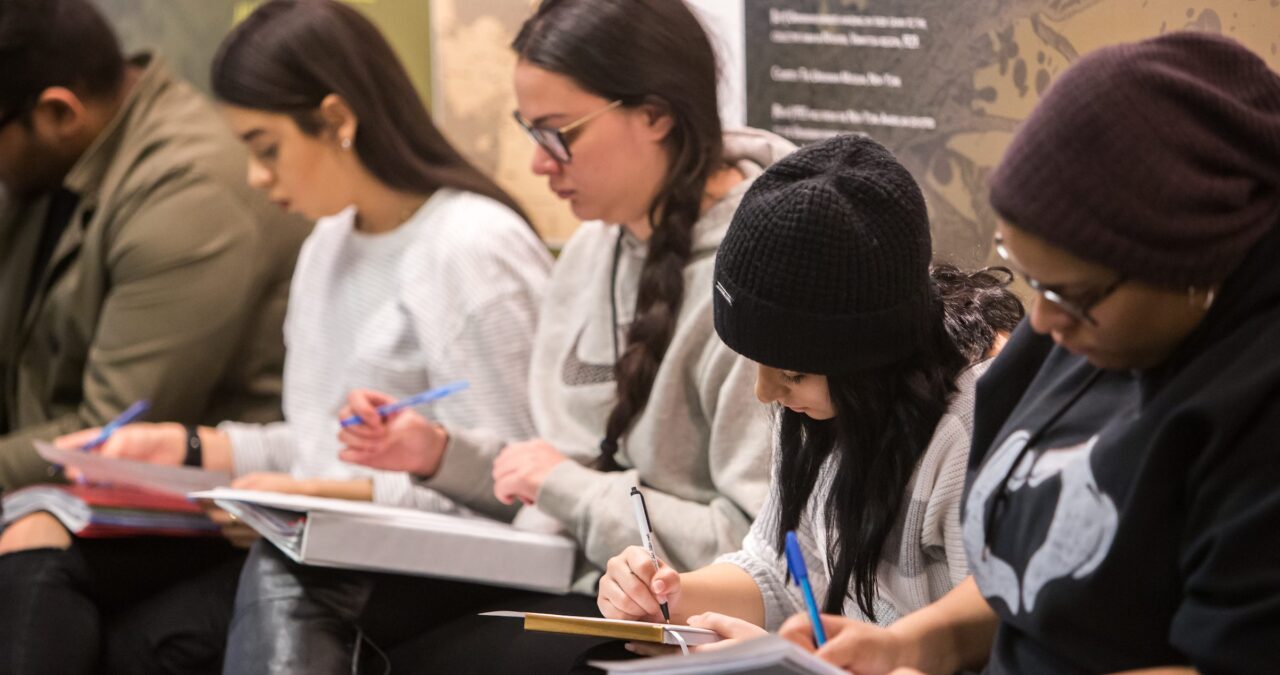
Explore resources about anti-racism education and the history of the civil rights movement, including teaching guides, books, and films, written by leading African American museums, human rights organizations, scholars, and activists.
Learn more Learn more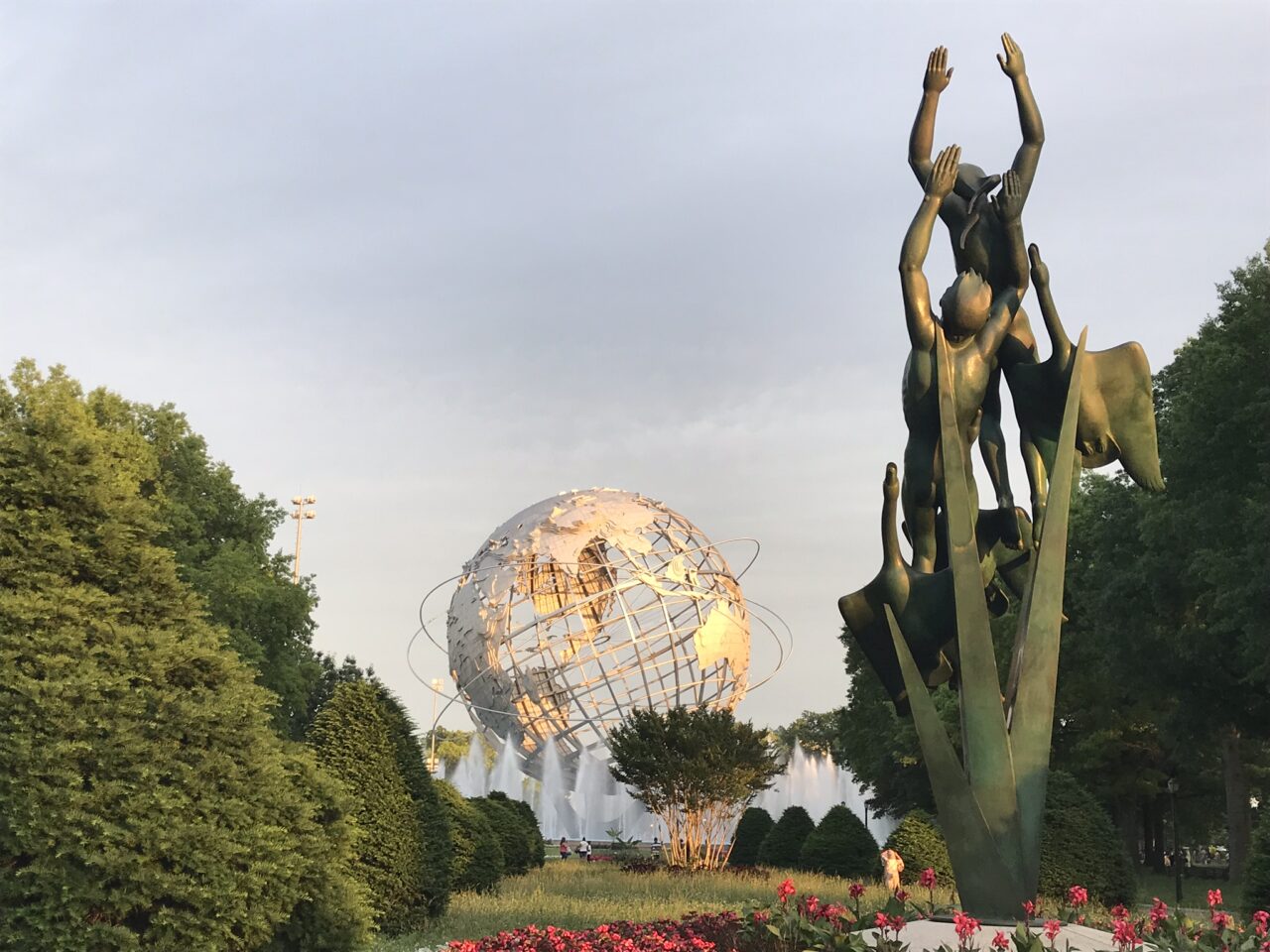
Click here for a list of resources about the diversity within the Jewish community at home and abroad.
Learn more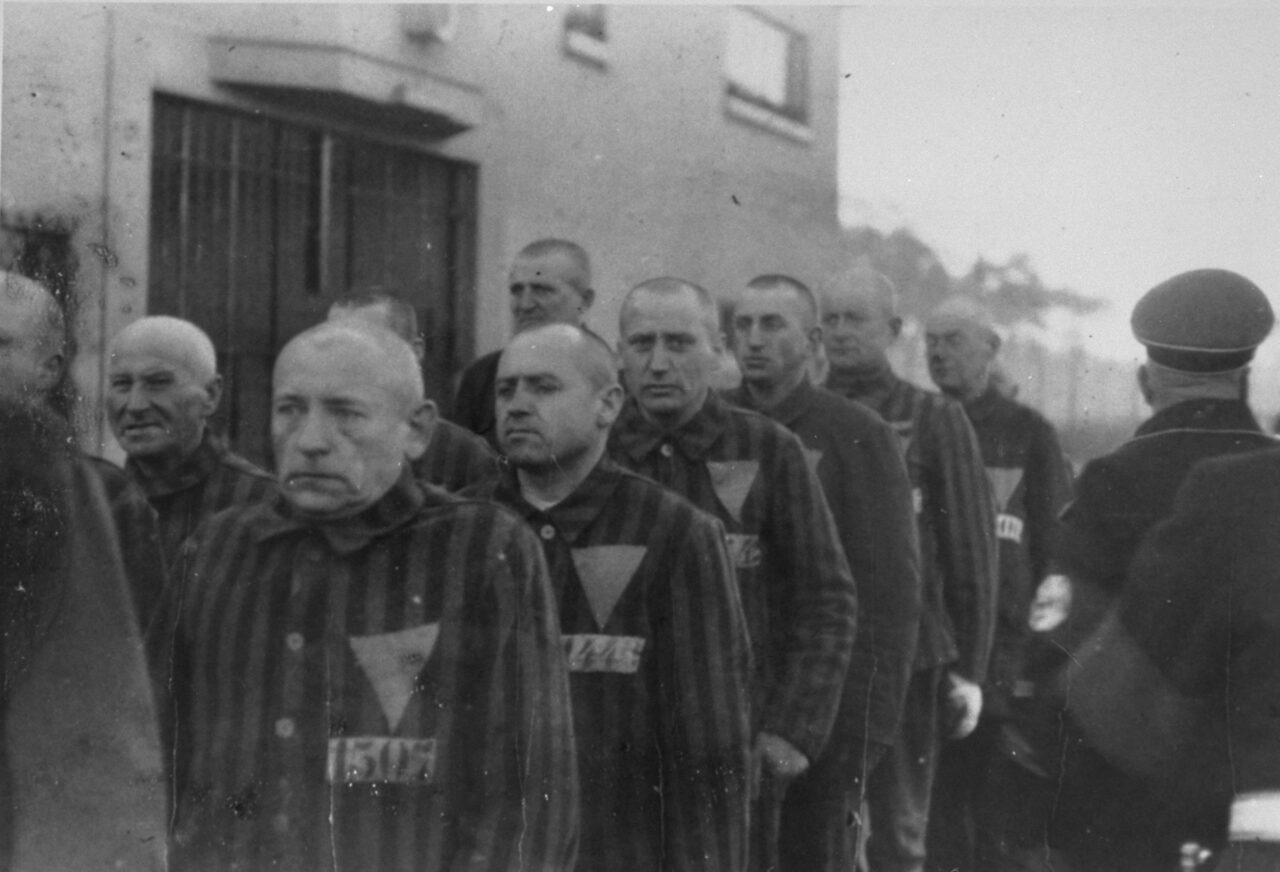
Explore resources about how the Nazis’ persecuted people in the LGBTQI+ community. Learn more
Learn more
The 2023-24 colloquium looks back on the history of fascism in the twentieth century, with a particular focus on the way in which an aestheticized national imaginary was used as the guiding rhetoric of the Nazi party. Click here to watch the events.
Learn more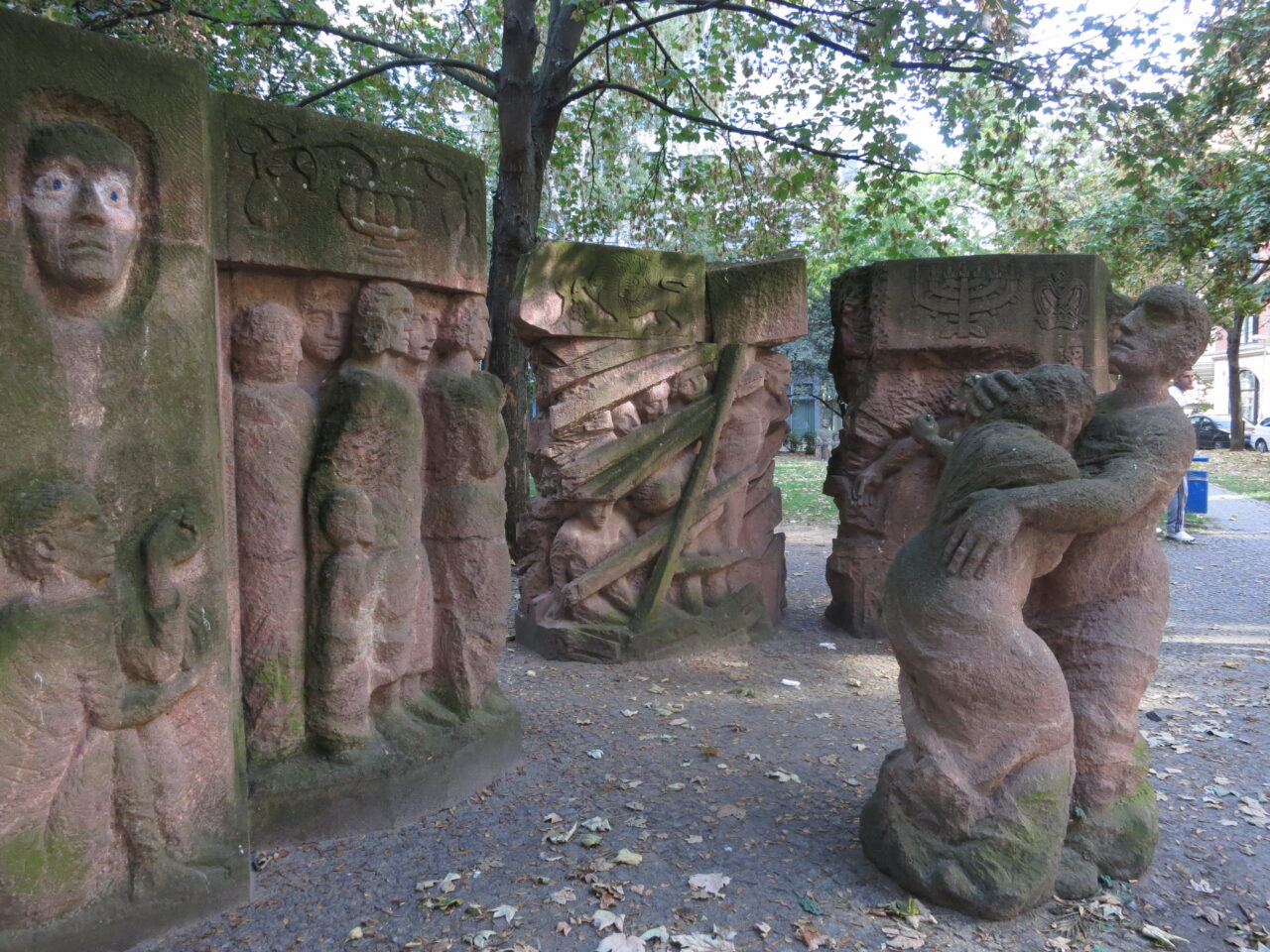
The 2022-23 colloquium explored remembrance as a social action that speaks back to the destructiveness and dehumanization of trauma, as well as how to hold space for and learn from past traumas. Click here to watch the events.
Learn more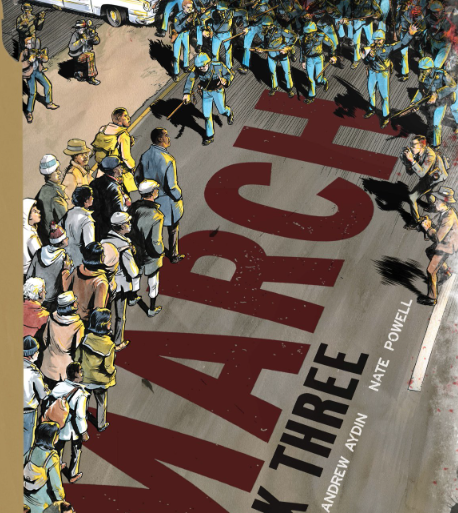
The March Triology is a graphic novel series depicting a vivid first-hand account of Congressman John Lewis’ lifelong struggle for civil and human rights, meditating in the modern age on the distance traveled since the days of Jim Crow and segregation. Click here to watch the events.
Learn more
The 2021-22 colloquium explored the gradual and subtle processes of liberty and loss, the processes that constitute transformation from the state of incarceration to one of liberation or freedom, and the civic and pedagogical implications resulting from such an inquiry. Click here to watch the events.
Learn more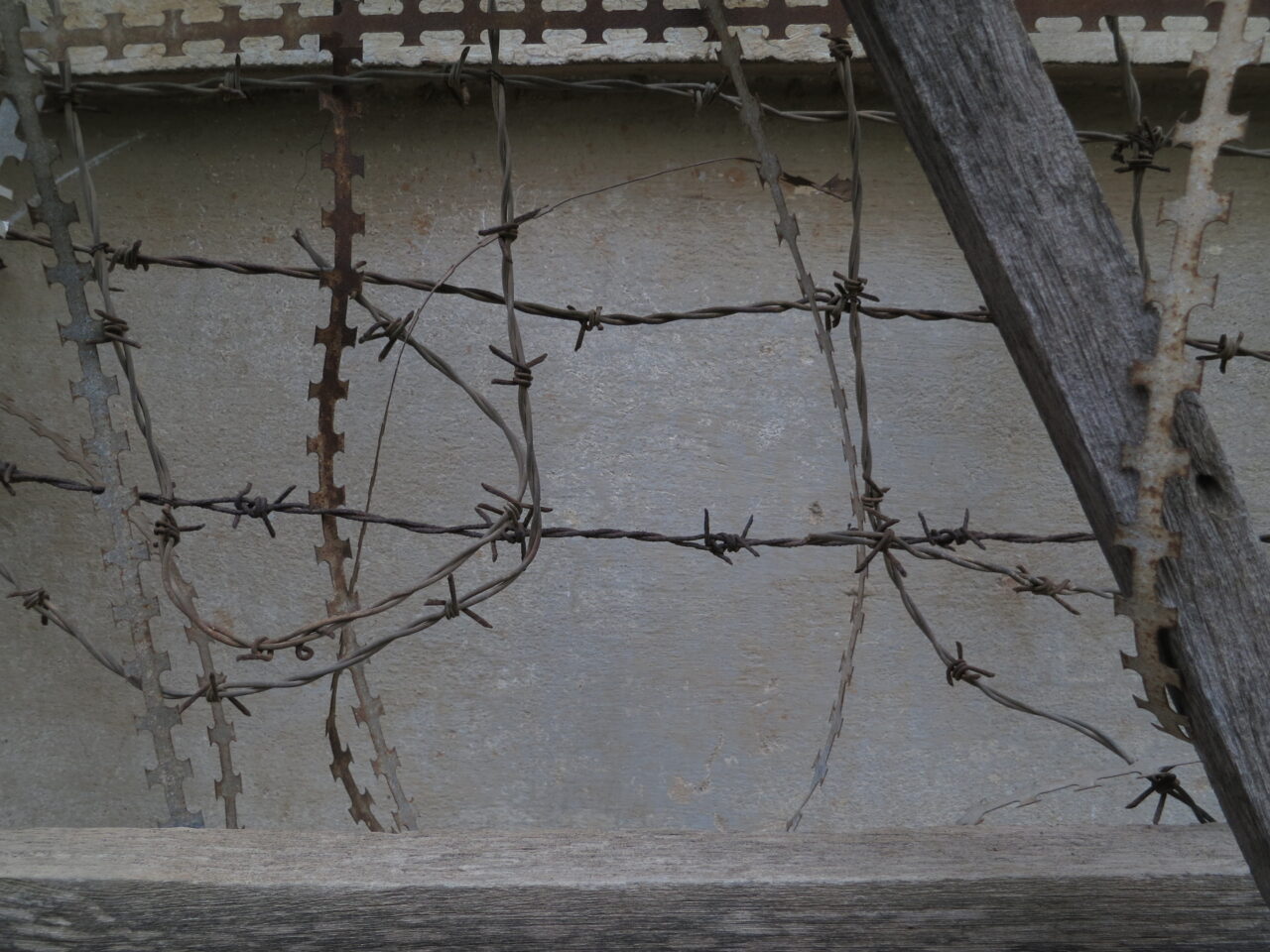
The 2020-21 colloquium focused on global constructions of concentration camp systems and the challenges that they present while highlighting acts of resistance. Click here to watch the events.
Learn more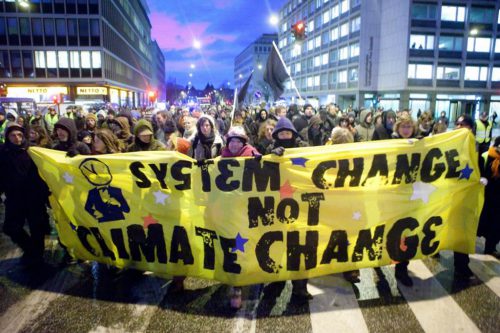
The 2019-20 colloquium focused on myriad forms of opposition and resistance to right-wing authoritarian movements and regimes around the world, including artistic activity and public protest. Click here to watch the events.
Learn more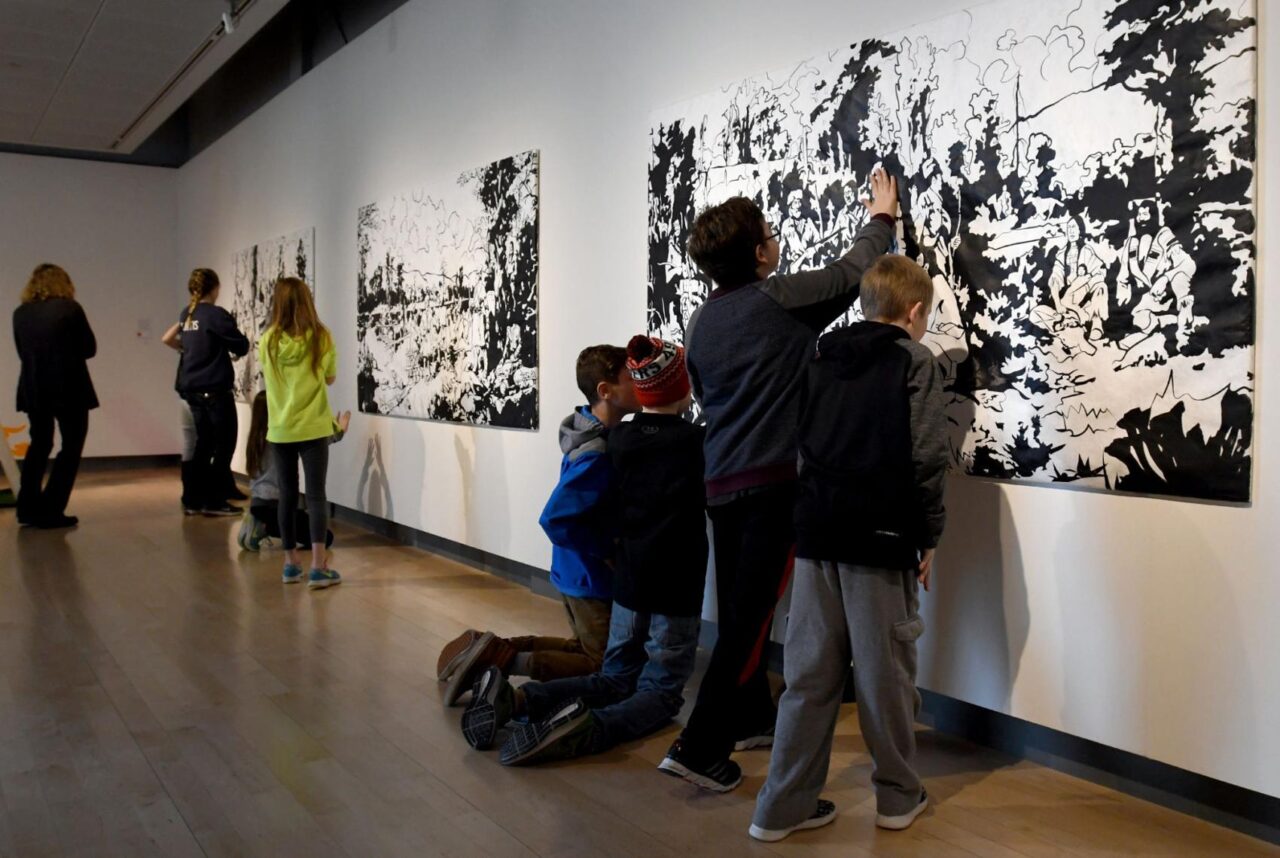
The 2018-19 colloquium and related exhibition and library guide introduced audiences to histories of indigenous people on this continent and the concept of “Survivance.” Click here to watch the events.
Learn more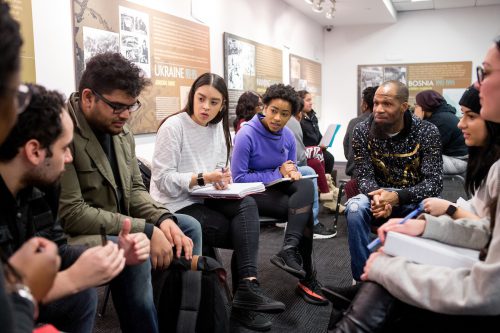
The 2017-18 colloquium and accompanying library guide used a social psychological lens to evaluate the way that dominant institutions and situational factors impacted the behaviors (or passivity) of individual bystanders and larger communities. Click here to watch the events.
Learn more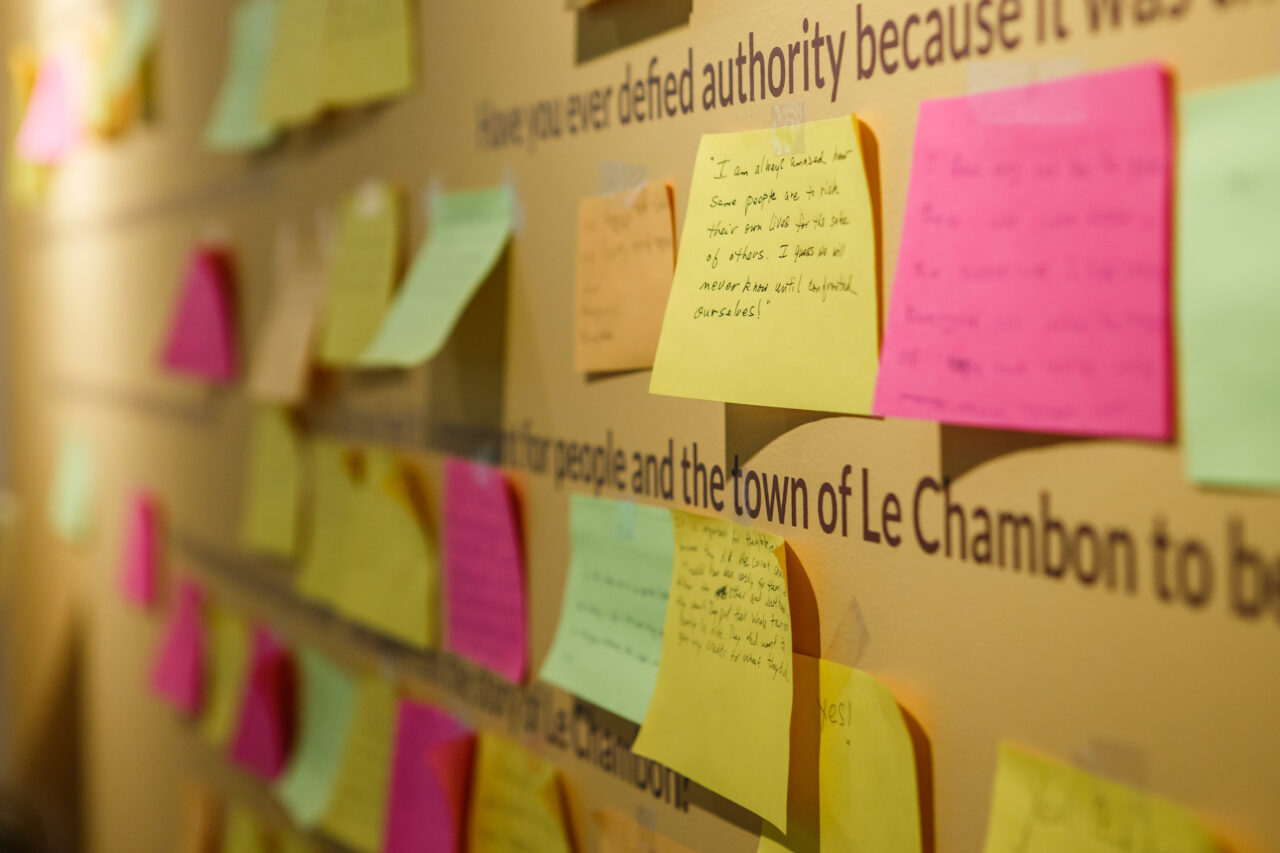
The 2016-17 colloquium and accompanying library guide explored the genocides that create refugee populations, as well as the challenges facing refugee populations as they seek to find asylum in countries and communities that are often resistant to accepting them. Click here to watch the events.
Learn more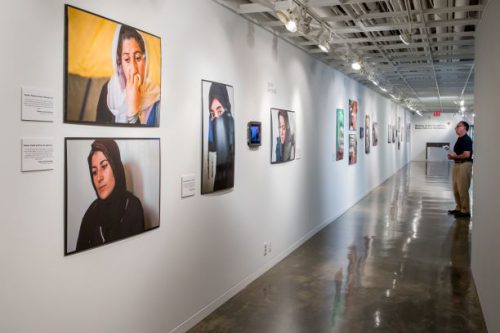
The 2015-16 colloquium and library guide focused on how gender structures and mediates experiences of mass violence and genocide as well as how attention to gender can help to predict, prevent, and reconcile mass violence and genocide. Click here to watch the events.
Learn more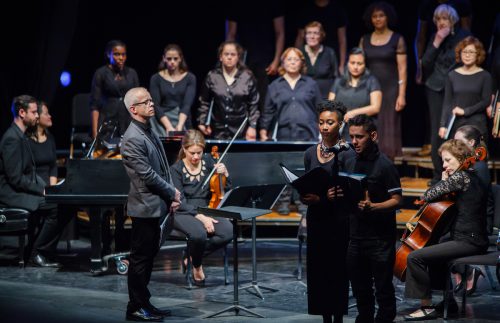
The 2014-15 colloquium, exhibition, and library guide incorporated students’ research and responses to genocide and organized hate through work with scholars, Holocaust survivors, workshops, an exhibit, and recital. Click here to watch the events.
Learn more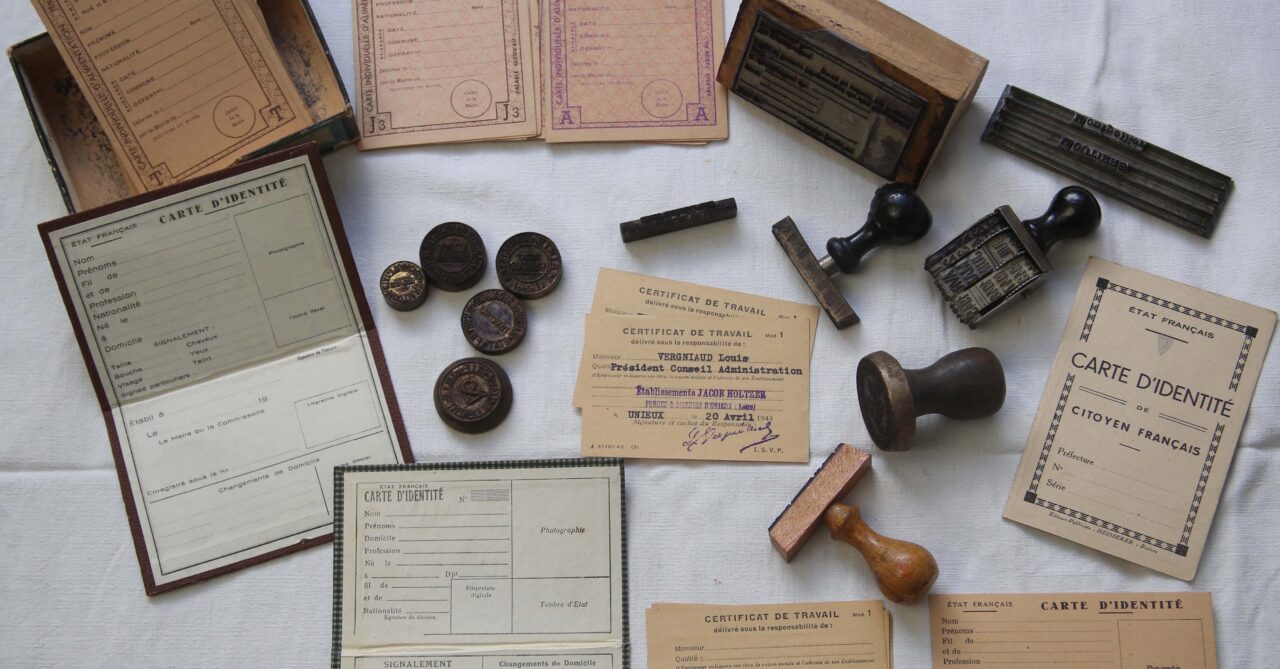
Along with Holocaust survivors who gave personal testimony, the 2013-14 colloquium and accompanying library guide provided an interdisciplinary perspective to help students understand the past and make connections to the world that they know. Click here to watch the events.
Learn more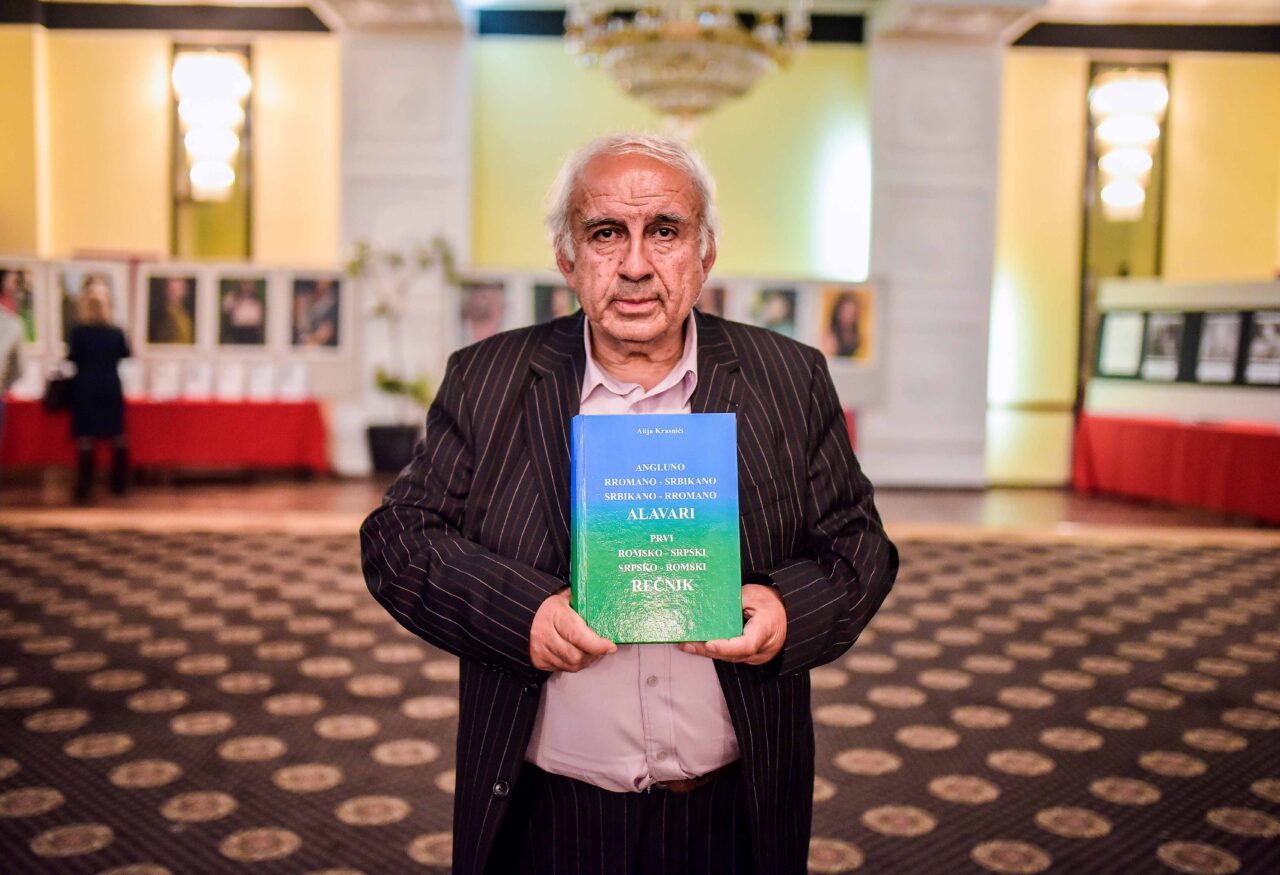
The Kupferberg Holocaust Center and the Harriman Institute at Columbia University regularly collaborate on programs bringing together top Roma scholars in the academy, advocates, and practitioners who are working to advance the human rights and dignity of Roma and Sinti people throughout the Balkans.
Learn more Learn more
Countering Holocaust Distortion
Click here for a 12 minute video and panel discussion featuring experts talking about what Holocaust distortion is and what you can do about it.
Learn more